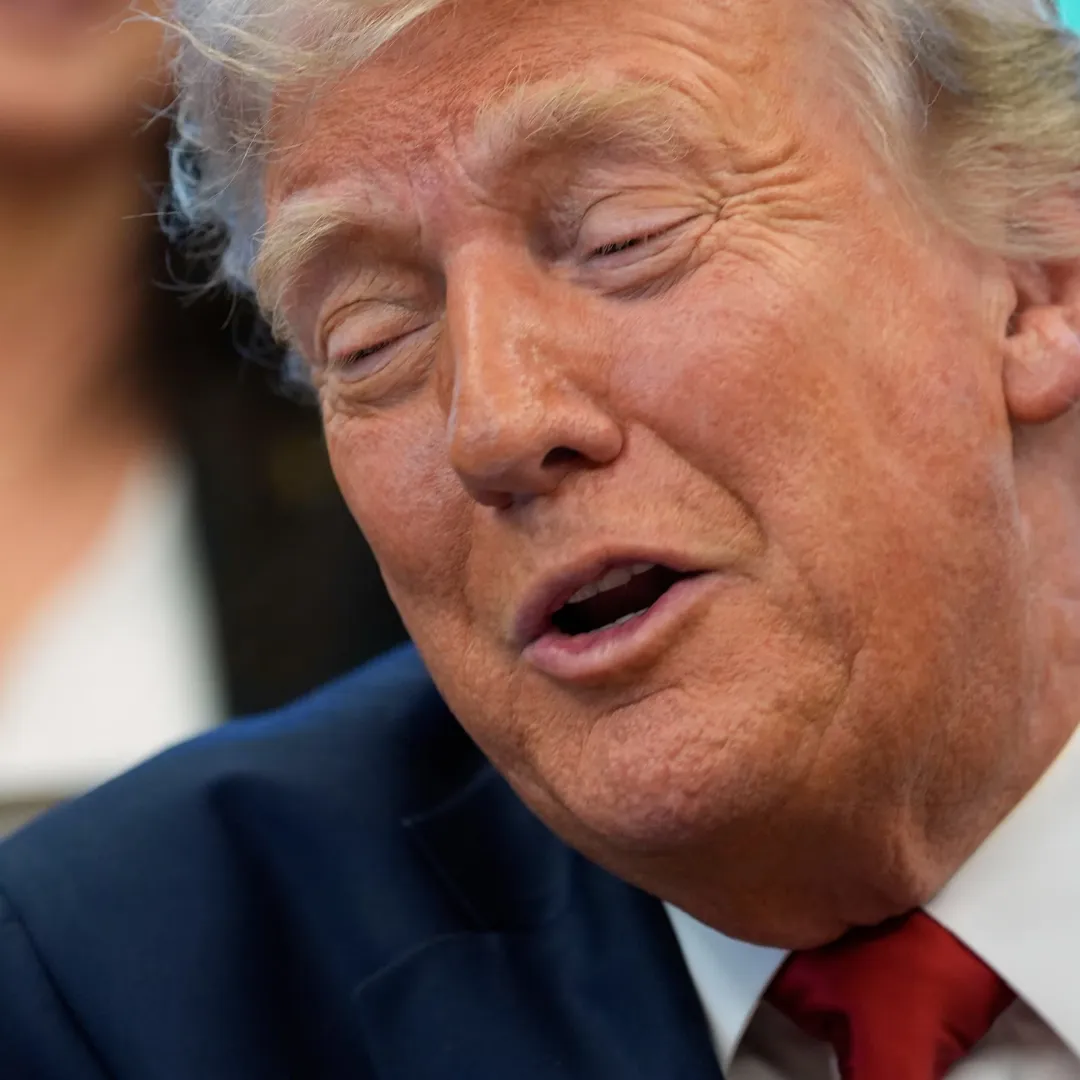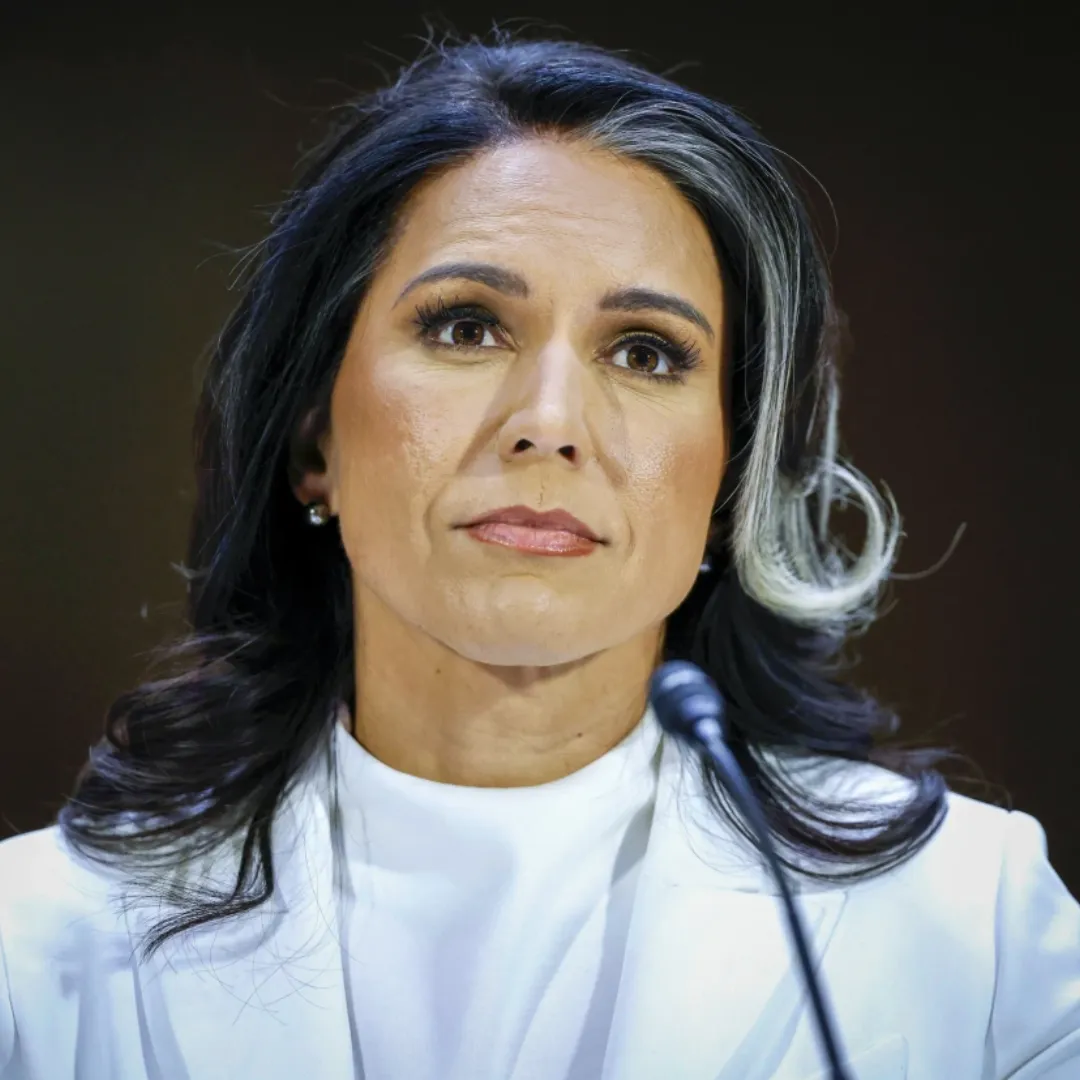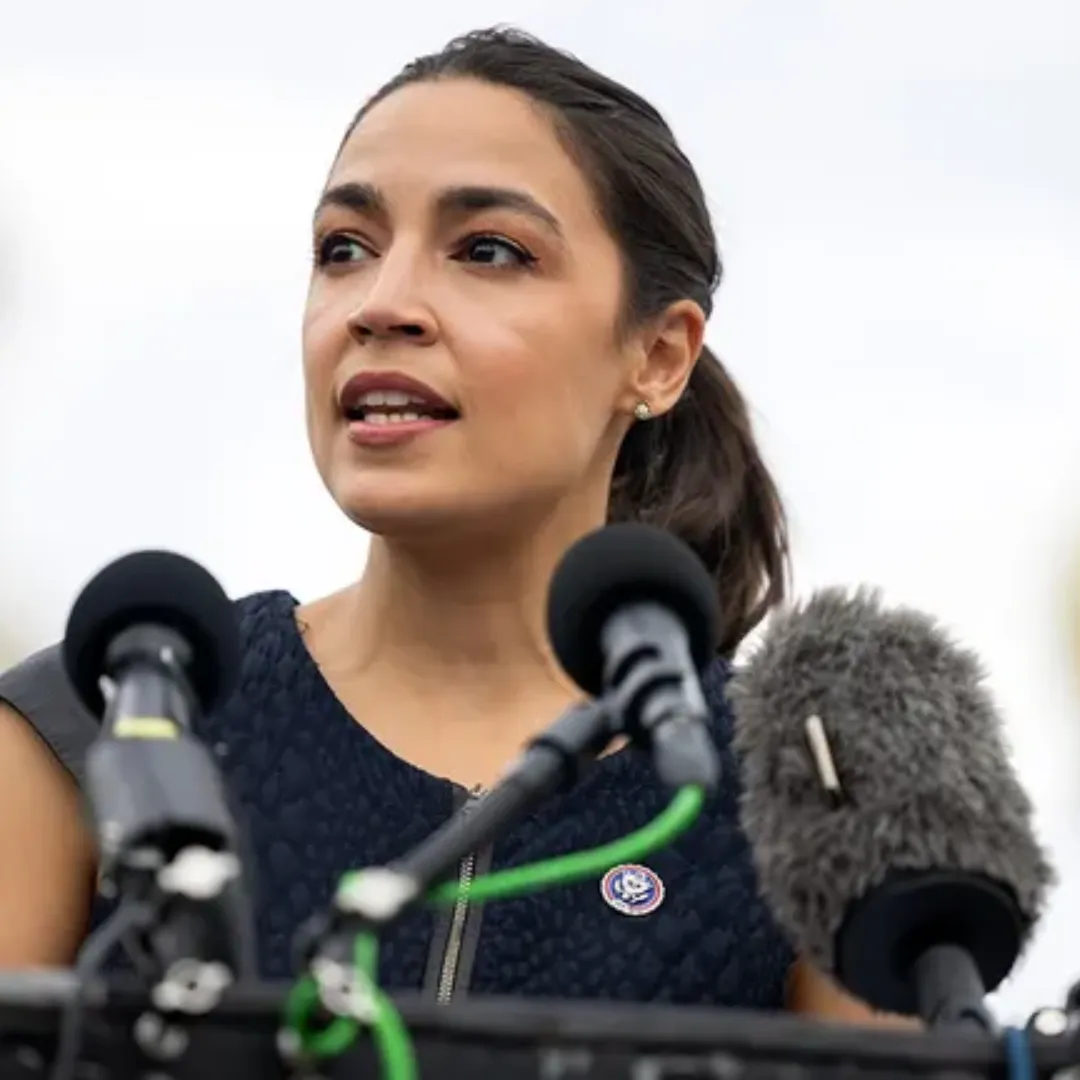Senator Bernie Sanders (I-Vt.) pushed back on Sunday against a suggestion from Senator Elissa Slotkin (D-Mich.) regarding how Democrats should address President Trump and his administration.
Sanders responded to Slotkin’s recent critique that Democrats should stop using the term "oligarchy" to describe the influence of Trump and his allies, arguing that such a shift in rhetoric underestimates the intelligence of the American people.
During an interview on NBC News’s Meet the Press, Sanders was asked about Slotkin’s comments, where the Michigan senator advised her party to avoid terms like “oligarchy” when criticizing Trump, particularly in swing states.
Slotkin, who won her seat in a battleground state that Trump carried in 2020, told Politico that terms like "oligarchy" don’t resonate with voters outside of coastal areas, suggesting instead that Democrats should say they oppose “kings.”
Sanders, who along with Representative Alexandria Ocasio-Cortez (D-N.Y.) has been touring Western U.S. cities in their "Fighting Oligarchy" tour, which has attracted tens of thousands of people, fired back at Slotkin’s criticism.
"Well, jeez. We had 36,000 people out in Los Angeles, 34,000 people in Colorado. We had 30,000 people in Folsom, Calif., which is kind of a rural area. I think the American people are not quite as dumb as Ms. Slotkin thinks they are," Sanders said. His remarks were in response to the growing belief that voters, even outside liberal strongholds, understand the dangers of concentrated power among the elite.
Sanders continued, “I think they understand very well, when the top 1 percent owns more wealth than the bottom 90 percent, when big money interests are able to control both political parties, they are living in an oligarchy.”
He firmly rejected the idea that ordinary Americans, particularly working-class citizens, do not grasp the influence of corporate interests on U.S. politics. According to Sanders, the term "oligarchy" accurately describes a system where a small, powerful elite holds disproportionate sway over the nation’s decisions.
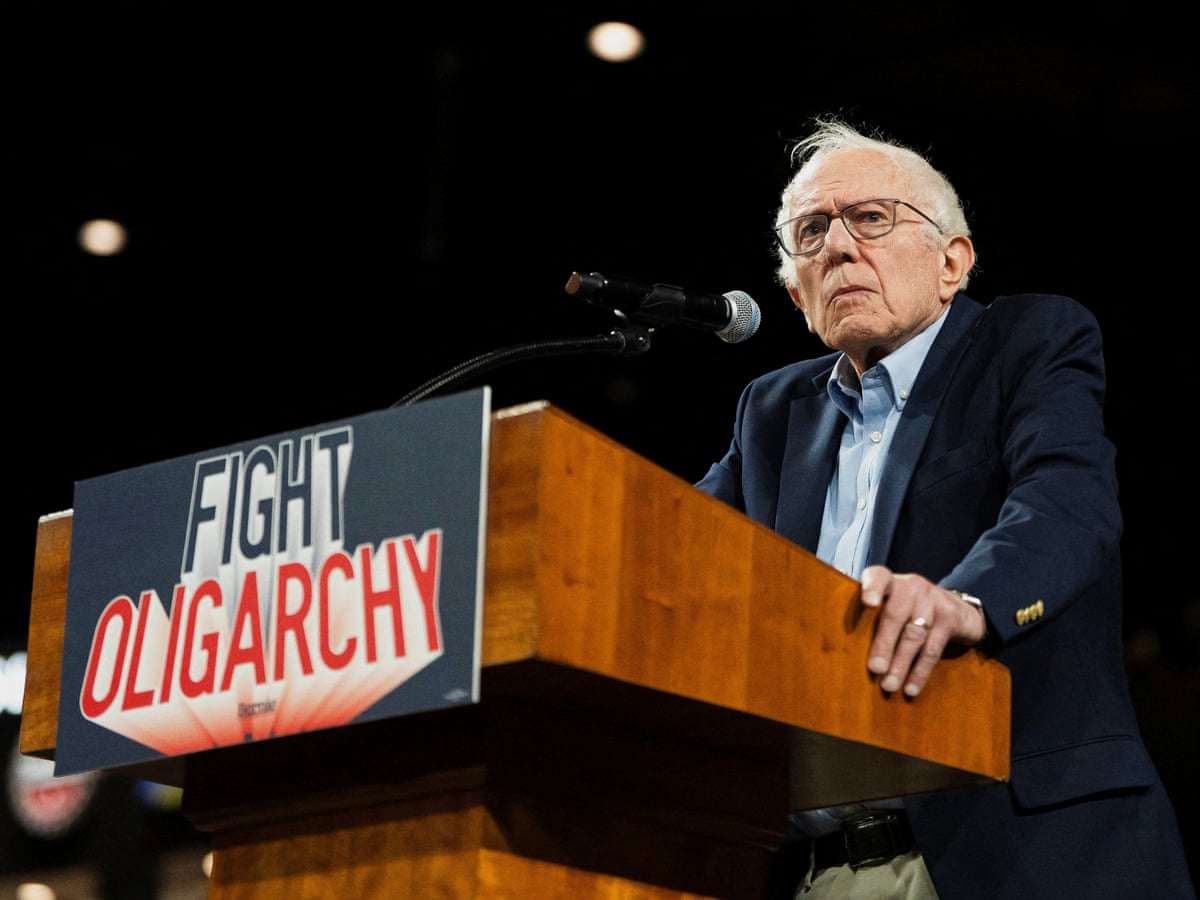
Slotkin, who was once a CIA analyst and served in the House for six years, has become an increasingly vocal critic of the more progressive wing of her party. During a town hall meeting last month, Slotkin raised concerns about the impact of progressive lawmakers like Sanders and Ocasio-Cortez, questioning what tangible actions they had taken to address the ongoing situation with Trump.
She asked, "What have they actually done to change the situation with Donald Trump?" This question highlighted a growing frustration within the party about how best to confront Trump and his influence over American politics.
Sanders and Ocasio-Cortez’s "Fighting Oligarchy" tour, which has sparked conversations about Ocasio-Cortez’s potential future ambitions, is focused on building grassroots support across the country. The goal of the tour, as described by Sanders, is to encourage Americans to engage in "real discussions" about how to take on "oligarchs and corporate interests" who dominate U.S. politics.
The tour has made stops in states such as Montana, Idaho, Utah, and Arizona, with upcoming events scheduled in Pennsylvania. These efforts are aimed at highlighting the influence of big money on both political parties, particularly in regard to policies that are seen as favorable to corporations and wealthy individuals.
Sanders has repeatedly spoken about the failure of the two-party system to address the needs of the working class, which he argues is central to understanding why voters feel disconnected from the political process. "The two-party system is failing the working class of this country," Sanders said on Sunday.
He pointed to critical issues like healthcare, wages, and campaign finance reform, which he believes need to be addressed if Democrats are to make meaningful progress. "We have a corrupt campaign finance system that allows billionaires to control both political parties," Sanders stated, reinforcing his argument that money in politics undermines the interests of working people.
For Sanders, the solution lies in empowering working-class Americans to take a more active role in the political process. "We are going out around the country right now asking people, working people, ‘Run for office. You want to run as a Democrat? Great. You want to run as an Independent? That’s great. But you have to get involved in the political process,’" Sanders emphasized.
His call to action reflects his longstanding belief in the power of grassroots mobilization to effect change, particularly in a system dominated by corporate interests and political elites.
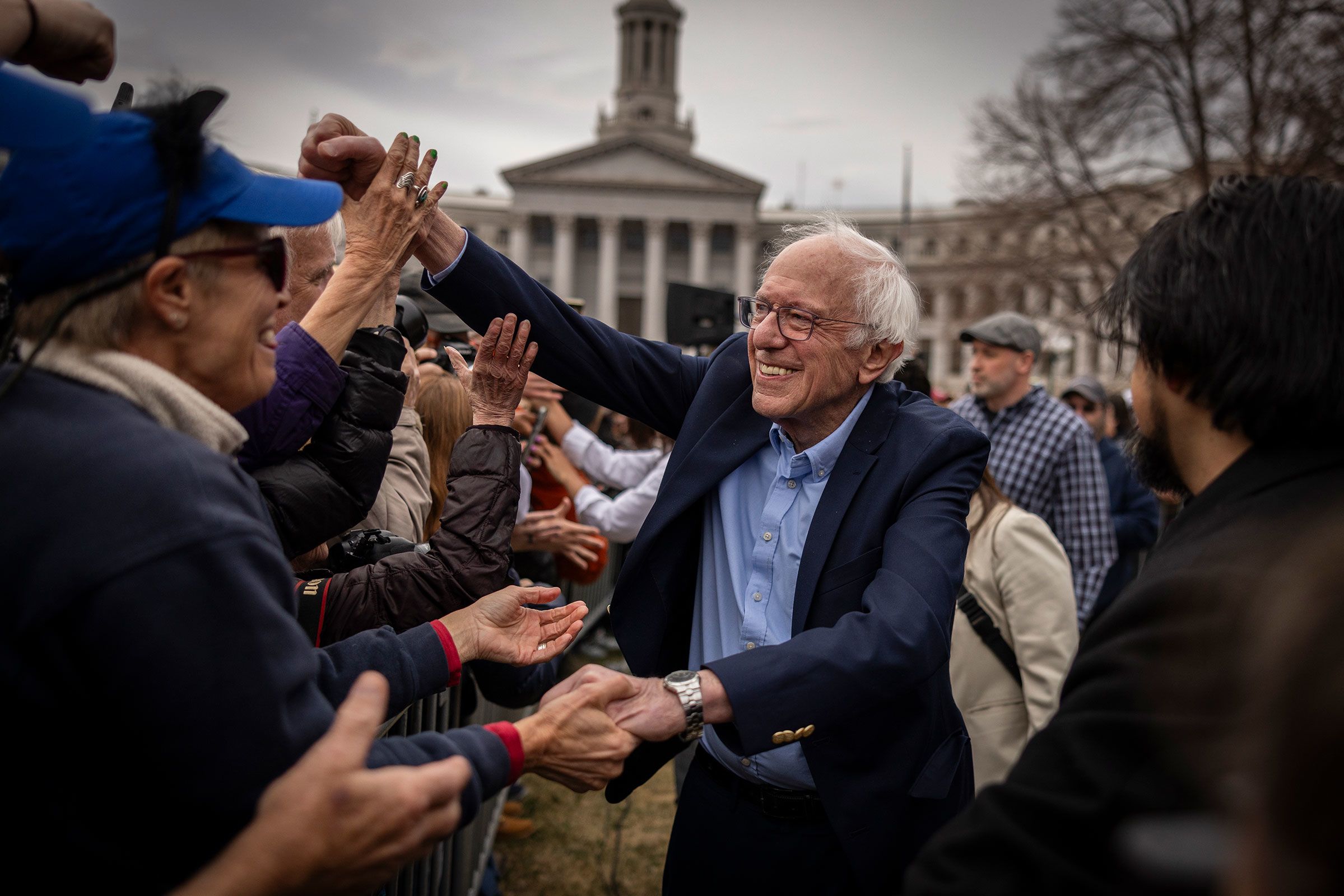
In contrast, Slotkin has argued that the Democratic Party needs to shift its messaging if it hopes to regain support from moderate and independent voters, particularly in swing states. She suggested that the language of "oligarchy" and other progressive terms may alienate voters who are not familiar with or receptive to such rhetoric.
Instead, Slotkin has advocated for a message centered on reclaiming patriotism, creating a real economic plan for the middle class, and ensuring the protection of democracy.
"After this 100 days of the Trump administration, we owe the nation a plan: reclaiming our patriotism, a real economic plan for the Middle Class, and a fight for our democracy that recognizes the stakes," Slotkin wrote on social media following a speech she gave in Lansing, Michigan, earlier this week.
While Slotkin’s message reflects a more moderate, centrist approach to the issues, Sanders and his progressive allies have consistently pushed for a more direct confrontation with corporate power and the influence of the wealthy in politics.
For Sanders, the current system is rigged against ordinary people, and only by challenging the influence of money in politics can true reform be achieved. His views align with those of other progressives who argue that addressing inequality and corporate influence should be central to the Democratic Party’s agenda.
Despite the growing divide between moderates and progressives within the Democratic Party, both factions share a common goal: to defeat Trump and his supporters in the upcoming elections. However, the path to that victory remains uncertain, as the party struggles to find a unified strategy that appeals to both its base and undecided voters.
The disagreement between Slotkin and Sanders over the use of terms like "oligarchy" underscores the broader tension within the party over how best to communicate its message to the American public.
As the 2026 elections approach, the Democratic Party will need to decide whether it will embrace a more centrist, pragmatic approach, as advocated by Slotkin, or continue to push for sweeping reforms, as championed by Sanders and other progressives.

The outcome of this internal debate will play a significant role in determining the party’s ability to effectively challenge Trump and the Republicans, both in terms of policy and messaging.
The future of the Democratic Party, and of American politics more broadly, will depend on whether the party can overcome its divisions and present a cohesive vision that resonates with voters.
For now, figures like Slotkin and Sanders are both key voices in this ongoing conversation, representing different paths forward for the party as it grapples with its identity and direction in an increasingly polarized political environment.
